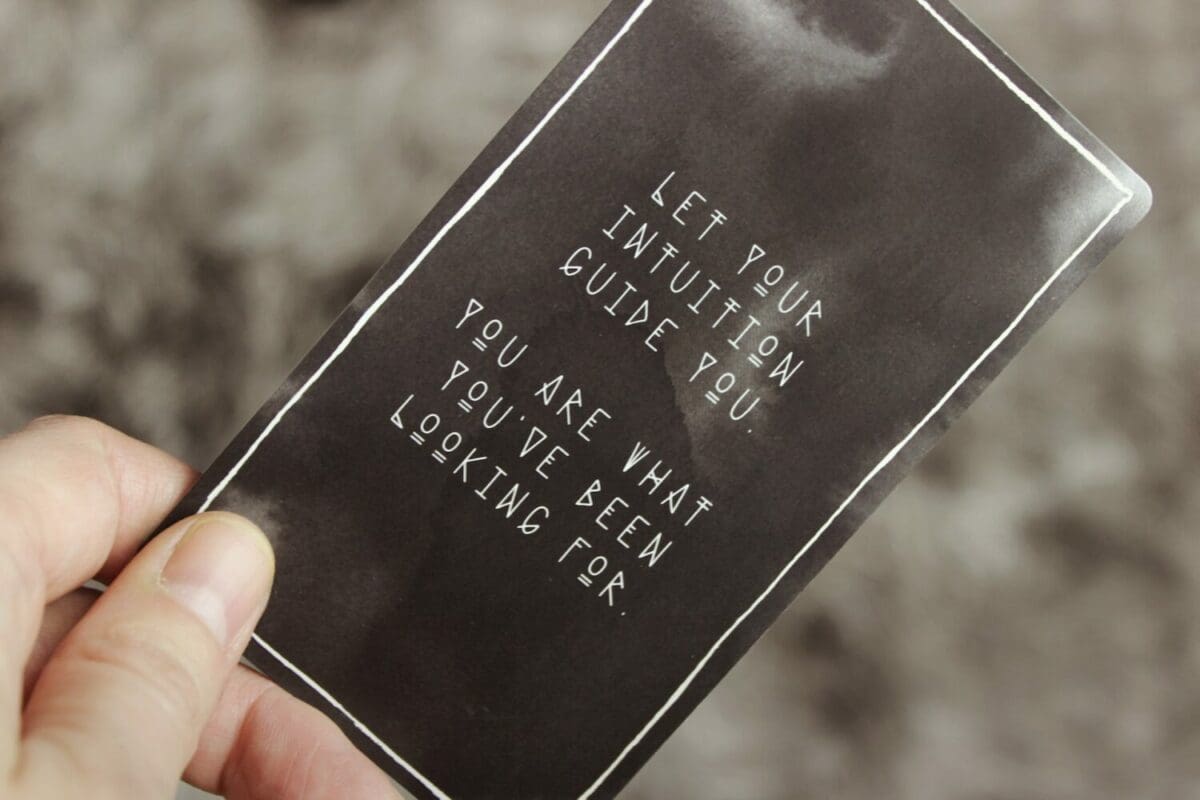
Why Not Ask For Help?
August 2, 2023 in Educate Yourself

Have you ever wanted to talk to a therapist or psychologist about difficult feelings, but hesitated? If you’ve ever felt this way, you are not alone. The reasons for this hesitation are often rooted in people’s backgrounds, and culture can be one of those influences.
What is culture?
Culture is a confusing word, and can have a lot of different meanings. One understanding of culture is that it’s the common ideas, traditions, and behaviors of a certain group of people.
Let’s look at one example of cultural influences over asking for help: Asian Americans and mental health treatment.
Asian Americans are often seen as highly educated, wealthy, and super successful. No problems, right?
But in the past year, more than 2.2 million Asian Americans struggled with a mental illness. That’s almost 12 percent of all Asian Americans. And as few as 6% of them got professional help. So compared to people from other cultures, Asian Americans are much less likely to reach out for help.
It’s possible that their cultures influence many Asians to avoid asking for treatment. Some underlying reasons:
Language: some Asian Americans do not feel comfortable talking with a therapist in English. If they cannot find a qualified therapist who speaks their own language, they may stop going to therapy.
Availability of resources: not all Asian Americans have the opportunity to access mental health care and services. As many as 15% of Asian Americans don’t have health insurance to cover treatment. Others might not know about free or reduced-price services that may be available in their area.
“Model-minority pressure”: When there are problems, Asian Americans are more likely to restrict their help-seeking to their families and friends. Why is talking with mental health professionals a taboo in many Asian American families? San Francisco psychiatrist Ravi Chandra pointed out that part of the reason might be because many Asian Americans feel “model-minority” pressure. Model minority is a term used to describe that stereotype of Asians being super-successful and not in need of help. This kind of pressure makes Asians feel like they shouldn’t let anyone outside their families see their problems. They feel they must live up to society’s stereotypical idea that they are free from struggle and pain.
Family influence: In Asian American cultures, the family is more important than the individual. When a person asks for mental health treatment, it can look like she is privileging herself above the family, which presents the risk of casting shame and stigma on their relatives.
Though cultural influences can be strong, each individual has their own unique experiences. Asian Americans in general are less likely to ask for professional help, but some might still reach out.
Asian Americans are just one culture among many in our society. If you are having mental health problems and find it difficult to ask for help, try to ask yourself why you’re feeling this way. Here are a few reasons:
- Family expectations
- Cultural expectations
- Lack of knowledge about how to look for a helping professional
- Being afraid of what to say to the therapist once you’re in the office
- A previous bad experience with a counselor
One way to break the silence is to talk with a trusted adult to gain perspective. It could be a parent, or it could be an aunt/uncle, family friend, teacher, or church or congregational leader.
And if you have succeeded in finding help for yourself, you can pass that support along to others who may be suffering in silence. Some tips:
- Know that emotional difficulties affect everyone differently, no matter where they’re from or how they’re raised.
- Understand that your friend’s family and ethnicity may be affecting their willingness to reach out for help. Be sensitive and open when talking about mental health issues with your peers.
- Encourage them to talk with a trusted adult to connect them to people that can help them.
It’s worth trying to work through these challenges, because professional help can make folks feel better!
If you have hesitated to ask for help and have moved past these feelings, how did you do it? If you’re still hesitating, what might be the reasons that are keeping you from getting professional help? Sharing your own experiences can help others overcome these barriers!



















Recent Comments